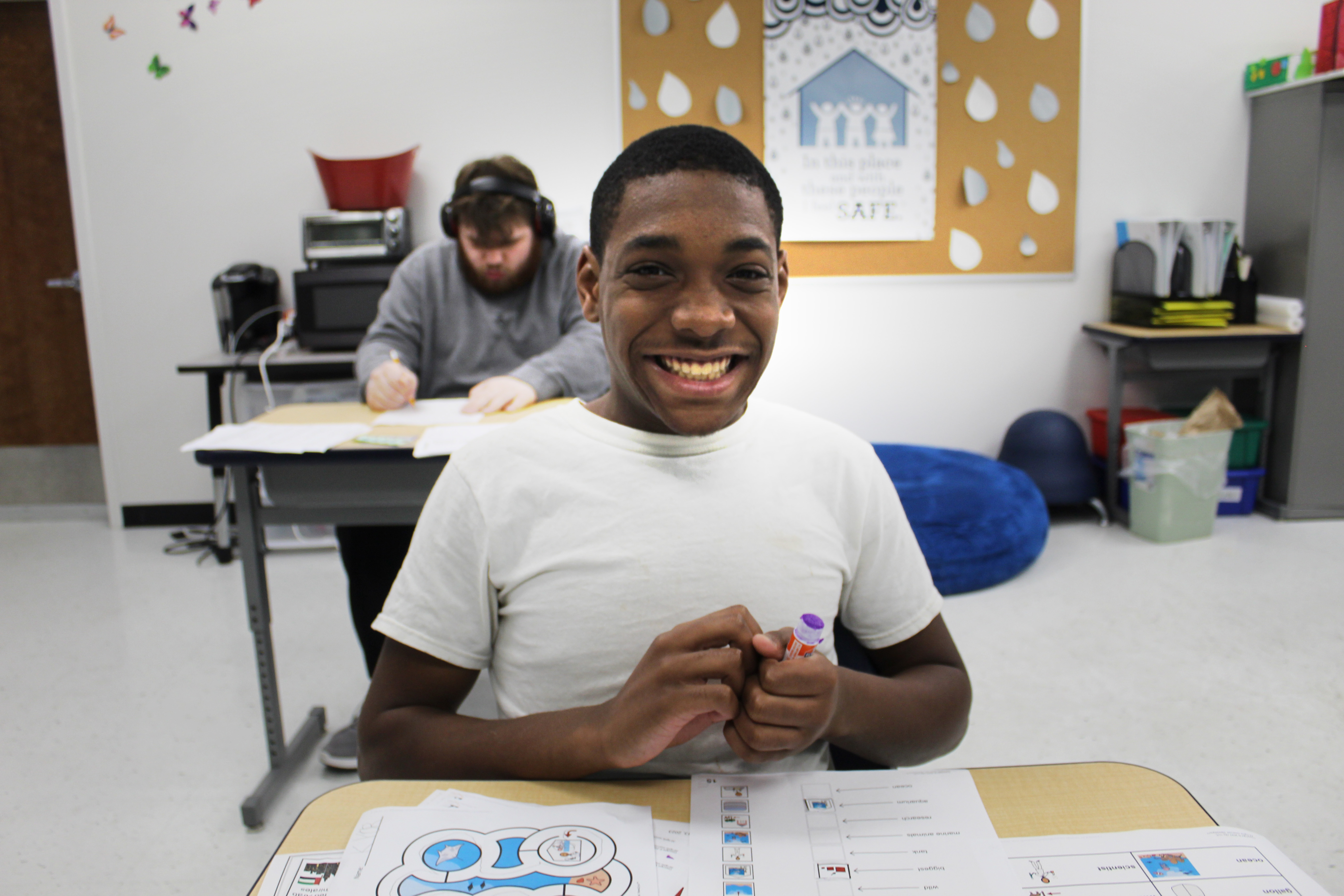WHAT IS AUTISM?
Autism spectrum disorder (ASD) is a neurological development disorder that is often indicated by challenges with social skills and interactions, repetitive behavior challenges, difficulty adjusting to change and managing emotions, struggles with communication, and sensory processing impairments. According to the Centers for Disease Control (CDC), about 1 in 36 children are diagnosed with ASD and it is often more common in boys than in girls. Because ASD is a spectrum disorder, it can impact everyone differently with various strengths and challenges and at varying degrees. Some people with ASD may show very little need for support or services, while others may need significant support throughout their entire lives. While the exact cause of ASD has not been discovered, a combination of genetic and environmental factors has been researched and found to influence the development of ASD. Although there is no cure for ASD, there are a variety of therapies and treatments that can minimize behaviors and increase the chances of someone with ASD living a full, independent lifestyle.
Signs of ASD usually start appearing in children around two or three years old but can show up as early as their first 12 months of life.
SIGNS AND SYMPTOMS
Detecting the signs of ASD can be a challenge because of how broad the spectrum is and how the symptoms can vary from person to person, but it is important that signs and symptoms are caught as early as possible in order to start effective treatment. While these may not apply to all individuals with ASD, here are some of the common signs and symptoms:
-
Difficulty with social interactions
-
Struggle to maintain eye contact
-
Hypersensitivity to sounds, textures, tastes, smells, etc.
-
Difficulty displaying emotions and understanding the emotions of others
-
Becoming distressed with changes in routine
-
Repetitive body motions or movements like head-nodding, rocking, or hand-flapping
-
Adverse reactions to physical touch
-
Lack of verbal communication
-
Fixating or obsessing over a single interest
-
Display of challenging behaviors such as tantrums or aggression
-
Difficulty playing with other or making friends
EARLY INTERVENTION
Research has proven that starting treatment for ASD as early as possible is imperative to improve behaviors, learn communication and social skills, and assist with cognitive development. If your child is showing any of the above signs or symptoms, it will be important for them to be immediately screened for autism and begin treatment. If your child has received an ASD diagnosis, don’t hesitate to reach out to our expert clinicians here at Your Life ABA to get started.

If your child has an autism diagnoses, click below to learn how to get started with Your Life ABA.
Get Started